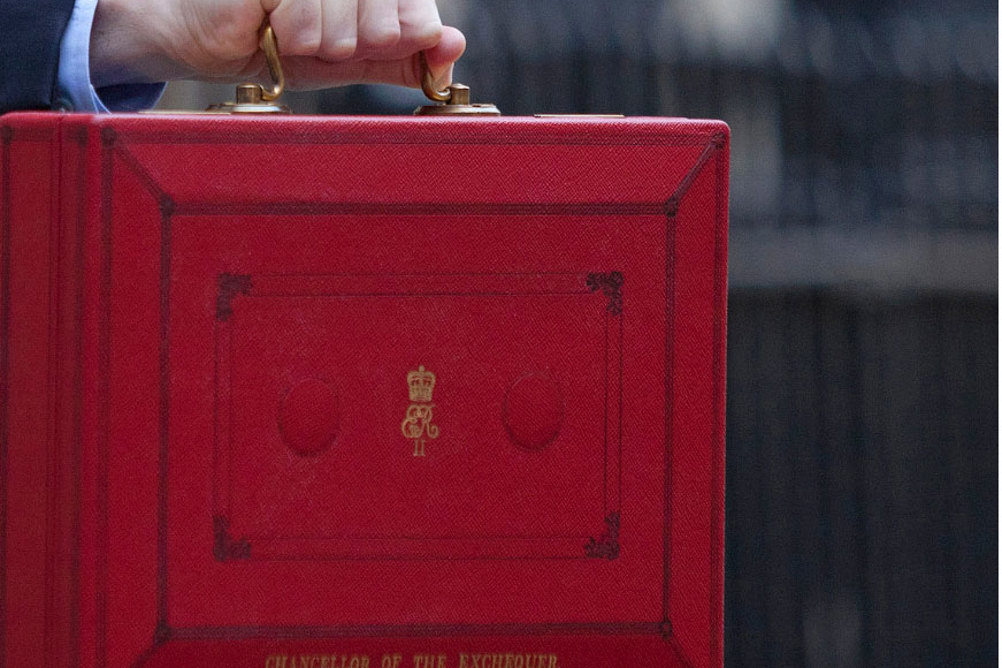
The Chancellor also re-stated that working parents of three- and four-year-olds will receive 30 hours of free childcare from September 2017.
All parents of children aged three and older, including lone parents, will have to look for work if they want to claim universal credit.
‘Those who can work will be expected to look for work and take it where it is offered,’ he said.
Families with more than two children will not receive tax credits or universal credit for any subsequent children from April 2017, and people who make a new claim will only get support for two children.
There would be exceptions for multiple births.
Register now to continue reading
Thank you for visiting Nursery World and making use of our archive of more than 35,000 expert features, subject guides, case studies and policy updates. Why not register today and enjoy the following great benefits:
What's included
-
Free access to 4 subscriber-only articles per month
-
Unlimited access to news and opinion
-
Email newsletter providing activity ideas, best practice and breaking news
Already have an account? Sign in here
